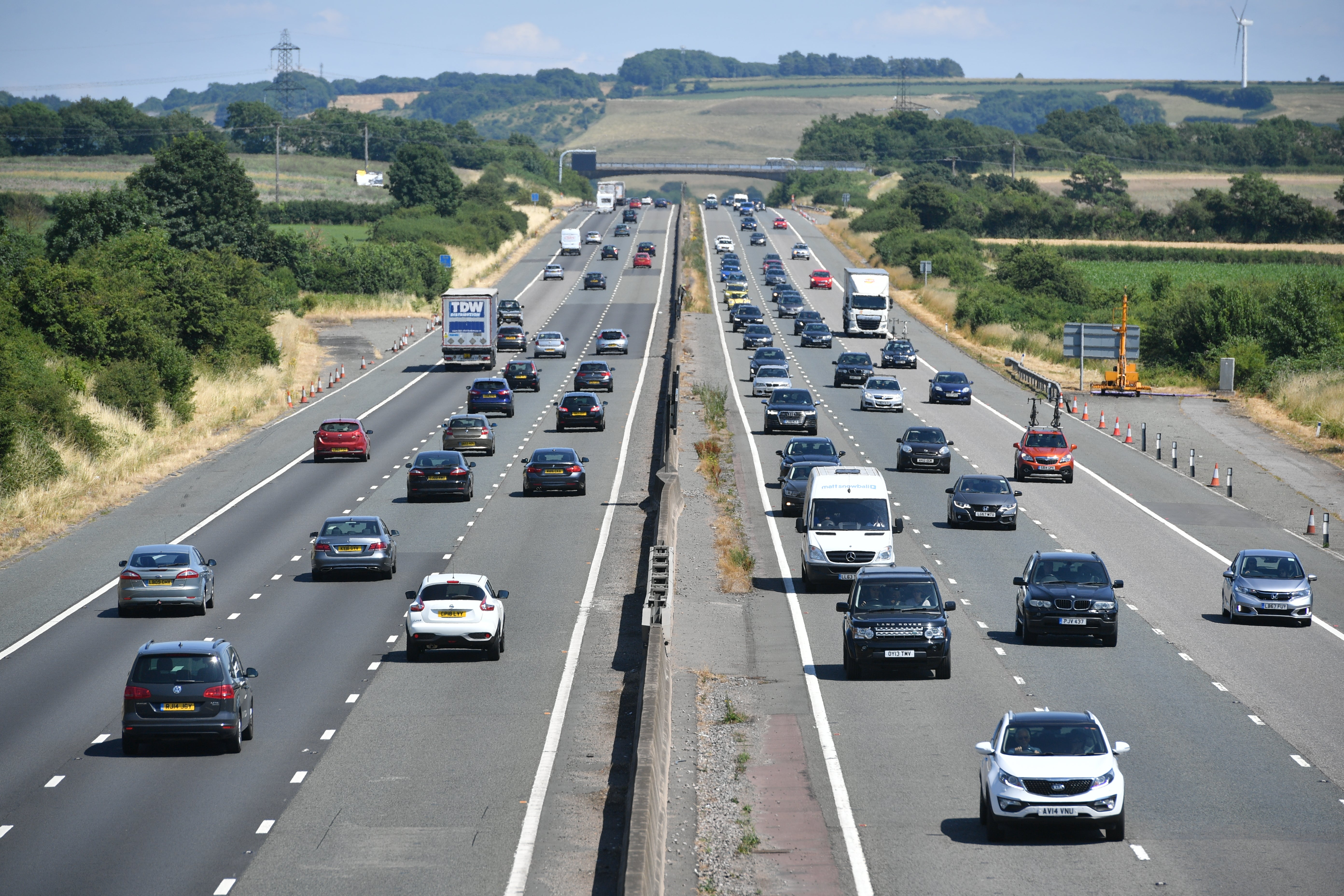Insurance premium tax should be cut in Spring Statement, say brokers
The standard IPT rate is currently 12%, but Biba argues that it should be rolled back to 10%.

Your support helps us to tell the story
From reproductive rights to climate change to Big Tech, The Independent is on the ground when the story is developing. Whether it's investigating the financials of Elon Musk's pro-Trump PAC or producing our latest documentary, 'The A Word', which shines a light on the American women fighting for reproductive rights, we know how important it is to parse out the facts from the messaging.
At such a critical moment in US history, we need reporters on the ground. Your donation allows us to keep sending journalists to speak to both sides of the story.
The Independent is trusted by Americans across the entire political spectrum. And unlike many other quality news outlets, we choose not to lock Americans out of our reporting and analysis with paywalls. We believe quality journalism should be available to everyone, paid for by those who can afford it.
Your support makes all the difference.Insurance premium tax (IPT) should be cut in next week’s Spring Statement to help encourage take-up of policies at a time when living costs are surging, brokers have urged.
Insurance is an essential means of managing risk and building resilience in society, the British Insurance Brokers’ Association (Biba) said.
It said IPT receipts totalled £6.3 billion in the financial year 2020/21 – a “near record level despite the pandemic and the resultant shock to the economy”.
The standard IPT rate is currently 12%, but Biba argues it should be rolled back to 10%. IPT applies to general insurance policies such as home and car insurance and pet insurance.
It is a tax on insurers which filters through to the overall costs that customers pay for their policies.
We do think that the travel sector needs greater support and this would be a welcome step
The standard IPT rate has undergone a series of increases over the years, rising from 5% to 6% in 2011, to 9.5% in 2015, to 10% in 2016 and finally to 12% in 2017.
Biba also said it wants to see full IPT relief granted for high-rise homes undergoing or in need of cladding remediation work.
It also suggested there should be IPT exemptions for young drivers buying telematics policies, which encourage safe driving.
Cyber insurance could also be made more affordable for small businesses, it added, by making dedicated cyber policies exempt from IPT.
Biba pointed to research indicating that just 6% of firms have dedicated cyber insurance.
For travel insurance, a higher IPT rate of 20% applies – and Biba said this could be reduced as holidaymakers look to book getaways.
Chancellor Rishi Sunak will deliver the Spring Statement on March 23.
Graeme Trudgill, executive director of Biba, told the PA news agency: “We’ve got the Spring Statement coming up. The travel insurance and travel sector has been on its knees and travel insurance tax is 20%, whereas normally insurance premium tax on other classes is just 12%.
“So we would like it to be reduced in line with the headline rate. We do think that the travel sector needs greater support and this would be a welcome step, and also it’s important to buy travel insurance.”
He added that cyber attacks are “a terrible risk” for businesses.
“If their website gets taken down or their data stolen, cyber insurance can really help with that. It can assist in recovering data, it can help with your reputation, and work with you to get the system back up and running.”